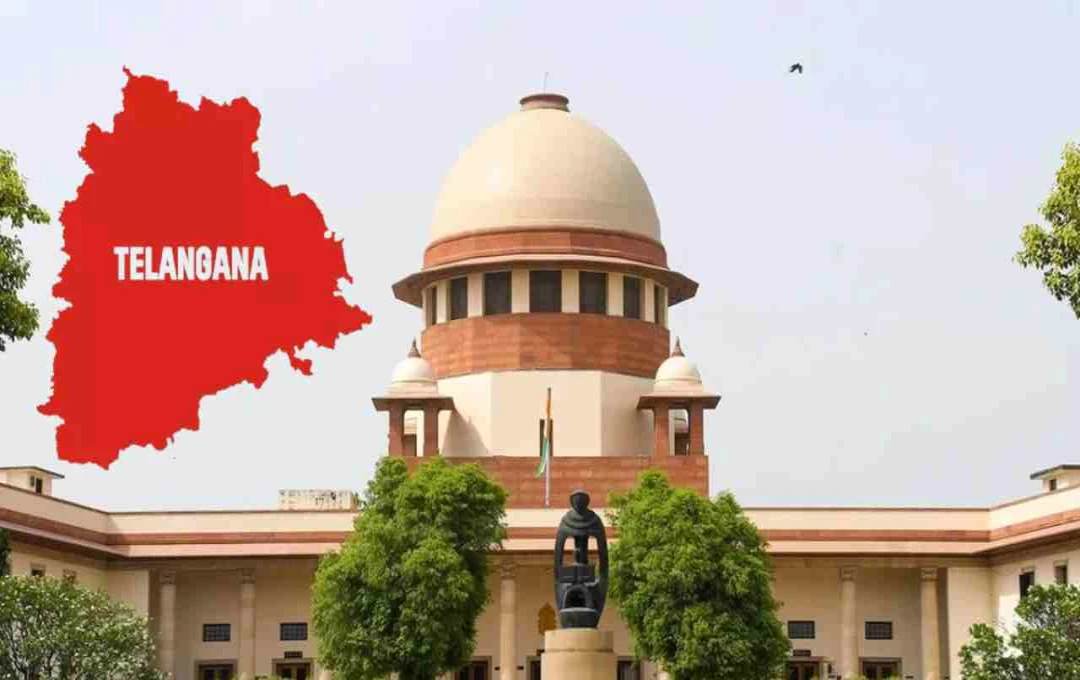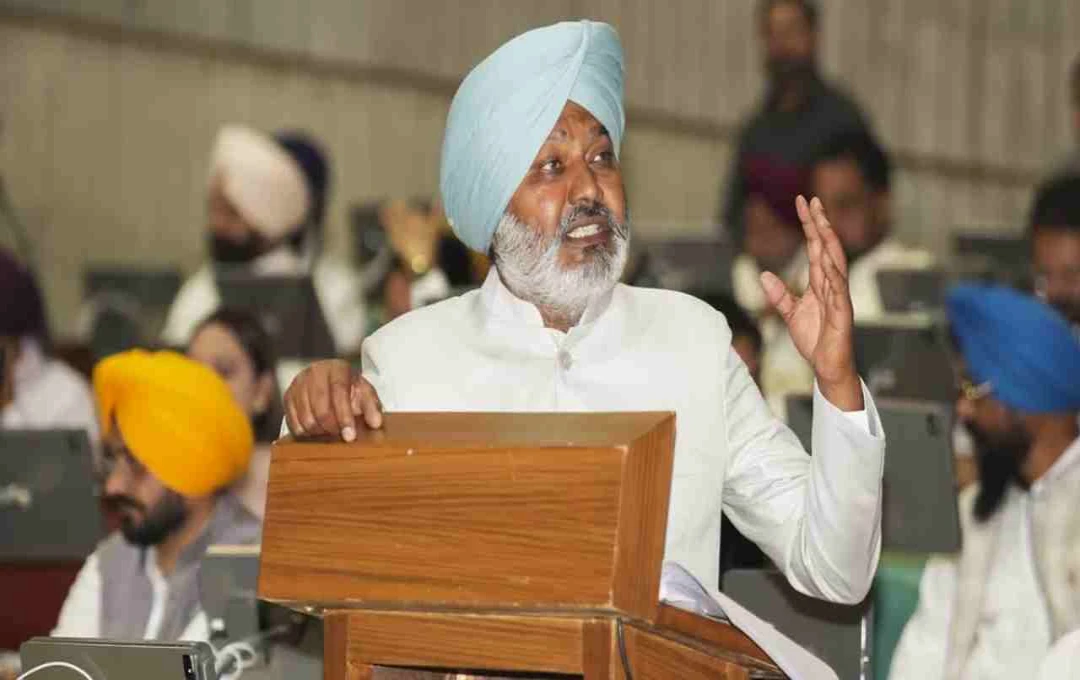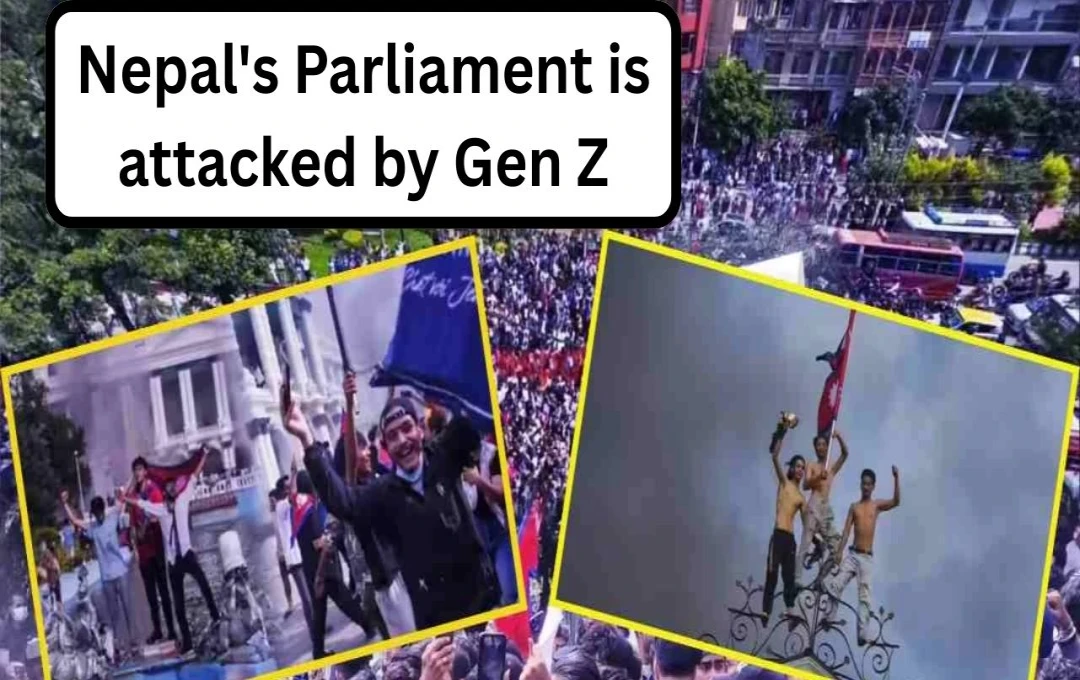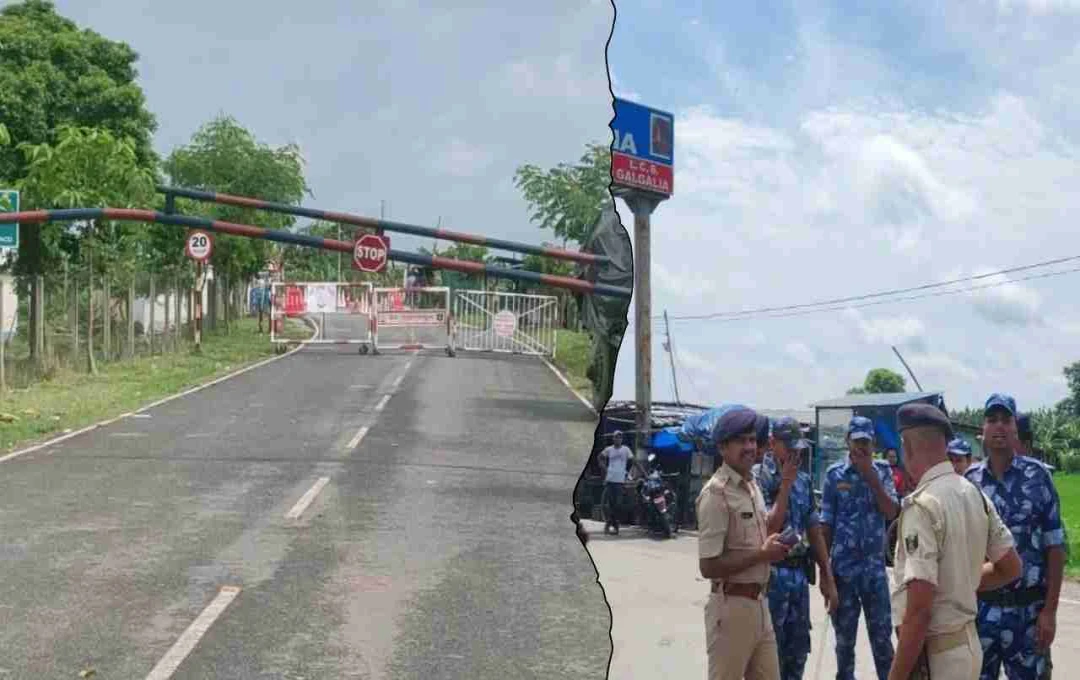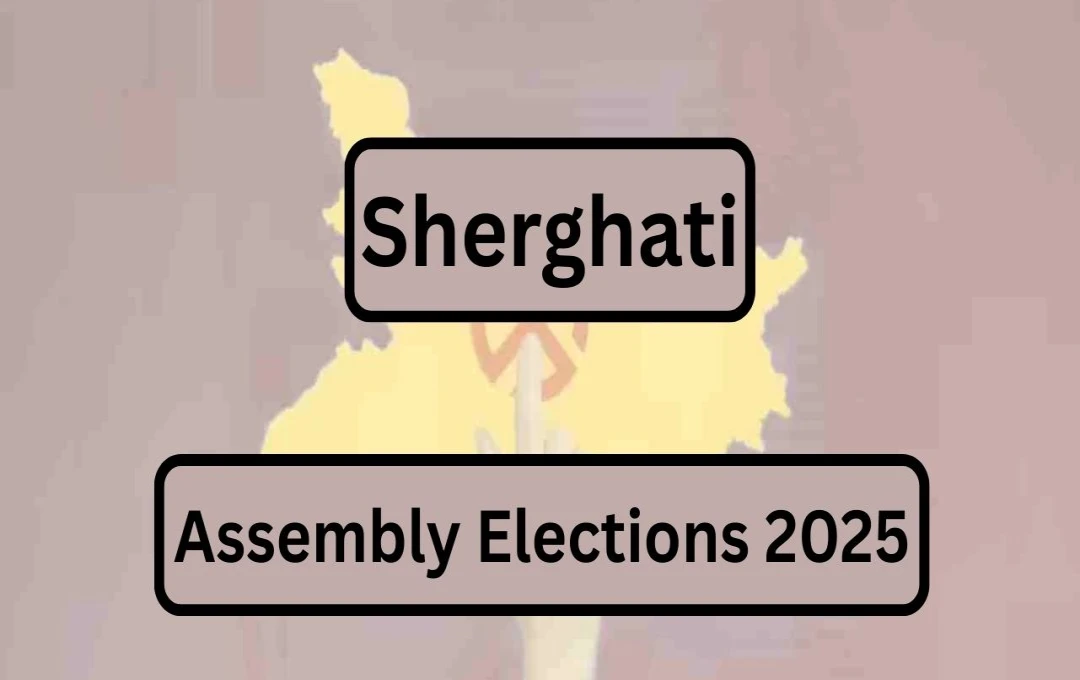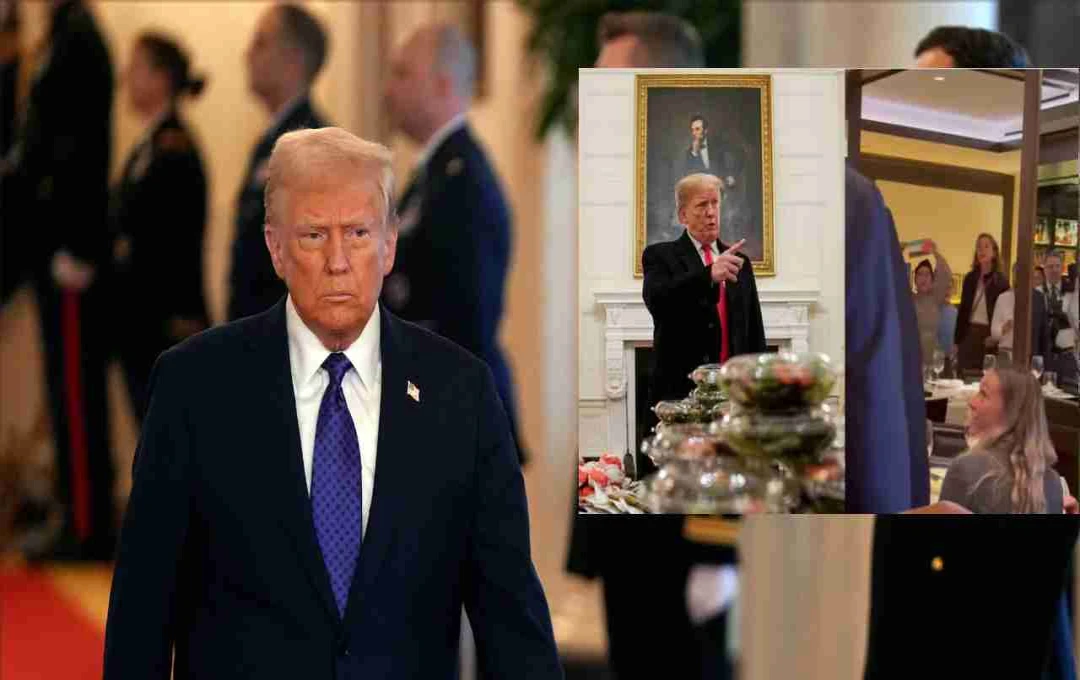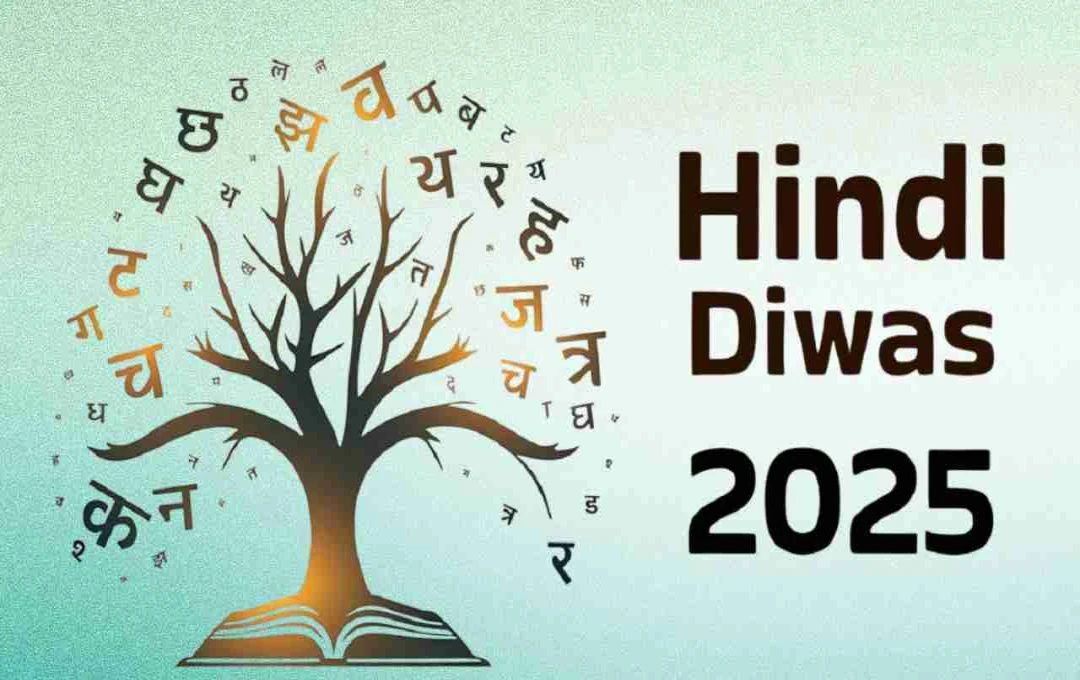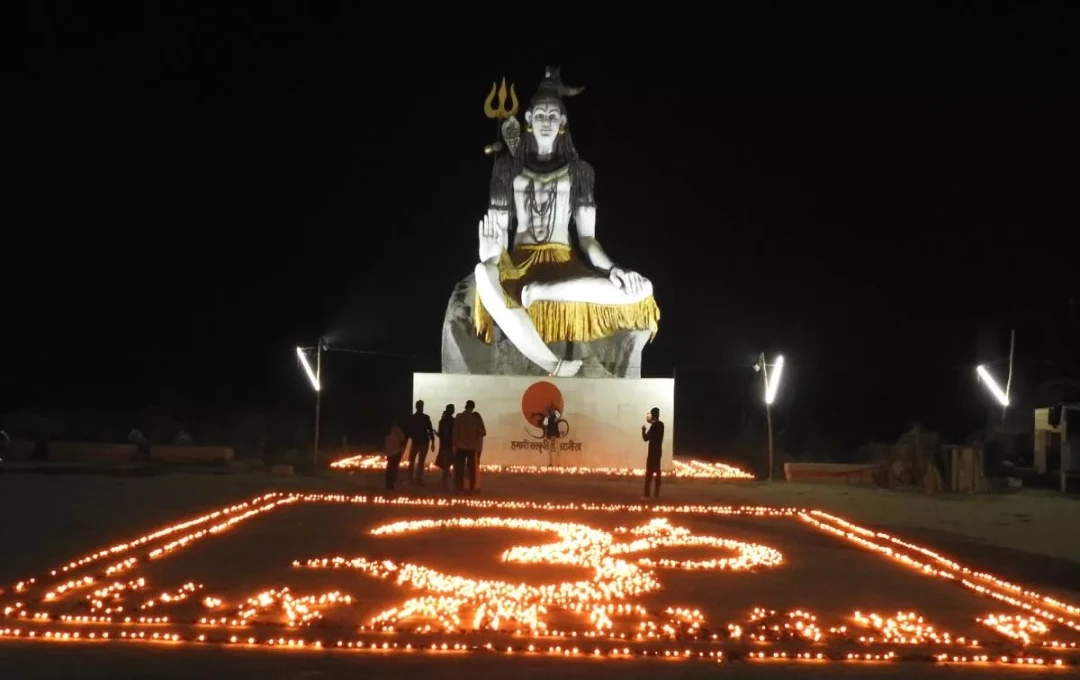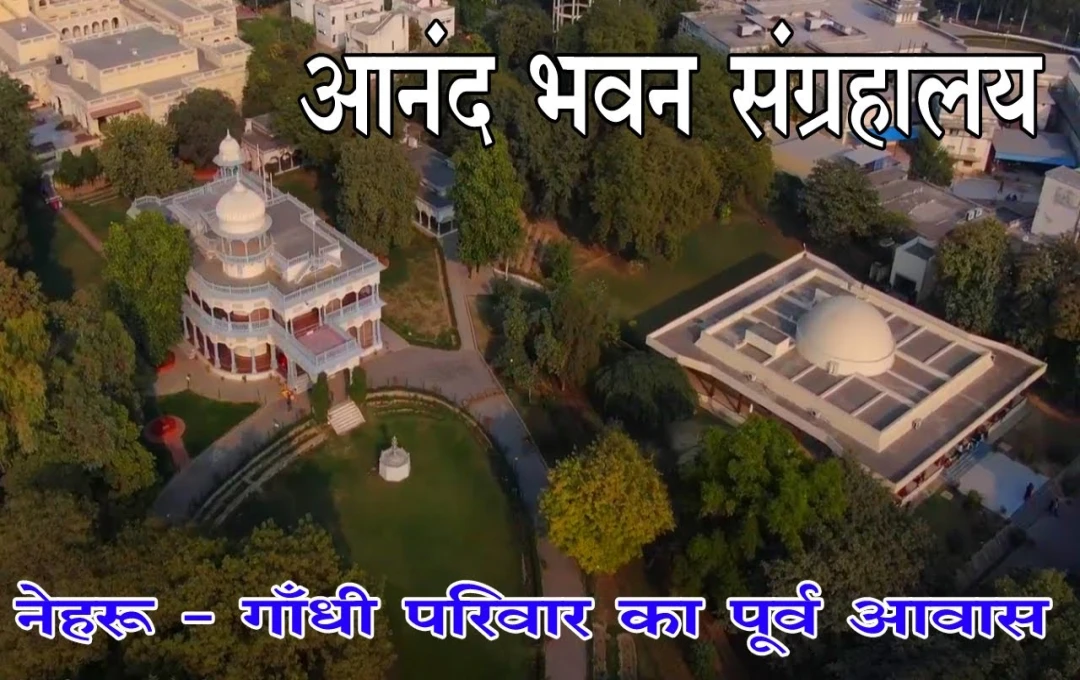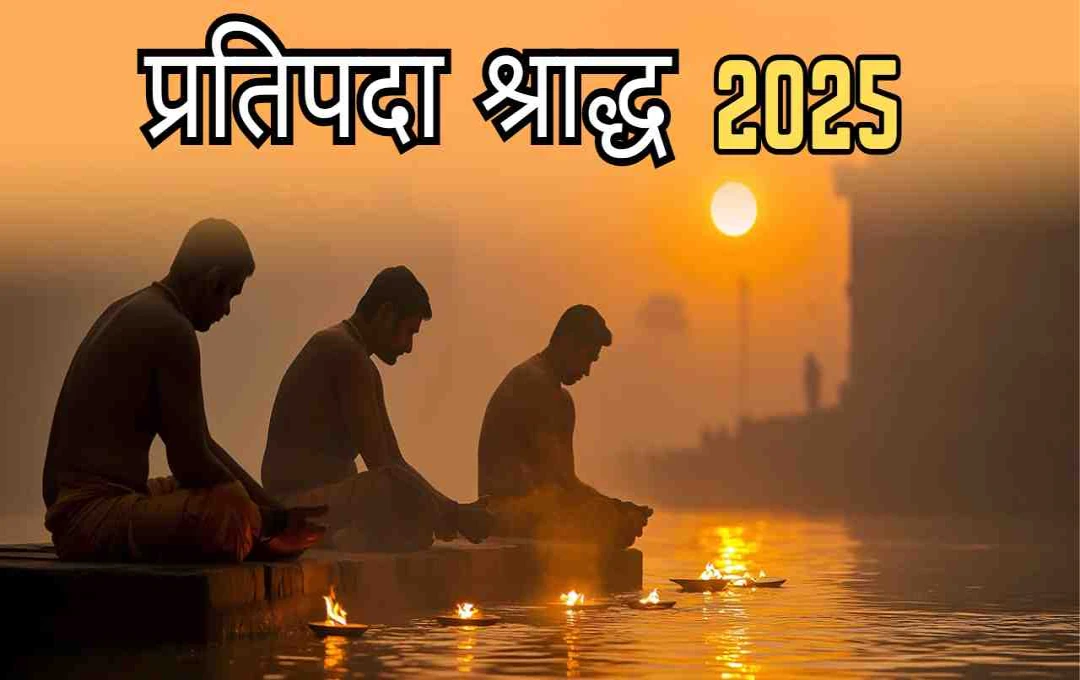The Telangana government has clarified in the Supreme Court that the Governor does not have independent discretion in deciding on any bill under Article 200, but must always act based on the aid and advice of the Council of Ministers.
Supreme Court Governor Bound: The Telangana government informed the Supreme Court on Wednesday that Governors are also bound to seek the advice of the Council of Ministers when granting sanction for prosecution. However, this obligation does not apply to the Governor when a minister or the chief minister is involved in a criminal case.
A five-judge Constitution Bench, headed by Chief Justice of India Justice BR Gavai, is currently hearing the matter of setting a deadline for the President and Governors to approve bills. Besides Justice Gavai, the bench includes Justices Surya Kant, Vikram Nath, PS Narasimha, and AS Chandurkar.
Telangana's Argument on the Provisions of Article 200
Senior Advocate Niranjan Reddy, appearing for Telangana, stated that Article 200 grants certain limited powers to the Governor, including the option to assent to, withhold, return for reconsideration, or reserve a bill for the President. However, the Governor does not possess independent discretion in this matter and must make decisions according to the advice of the Council of Ministers.
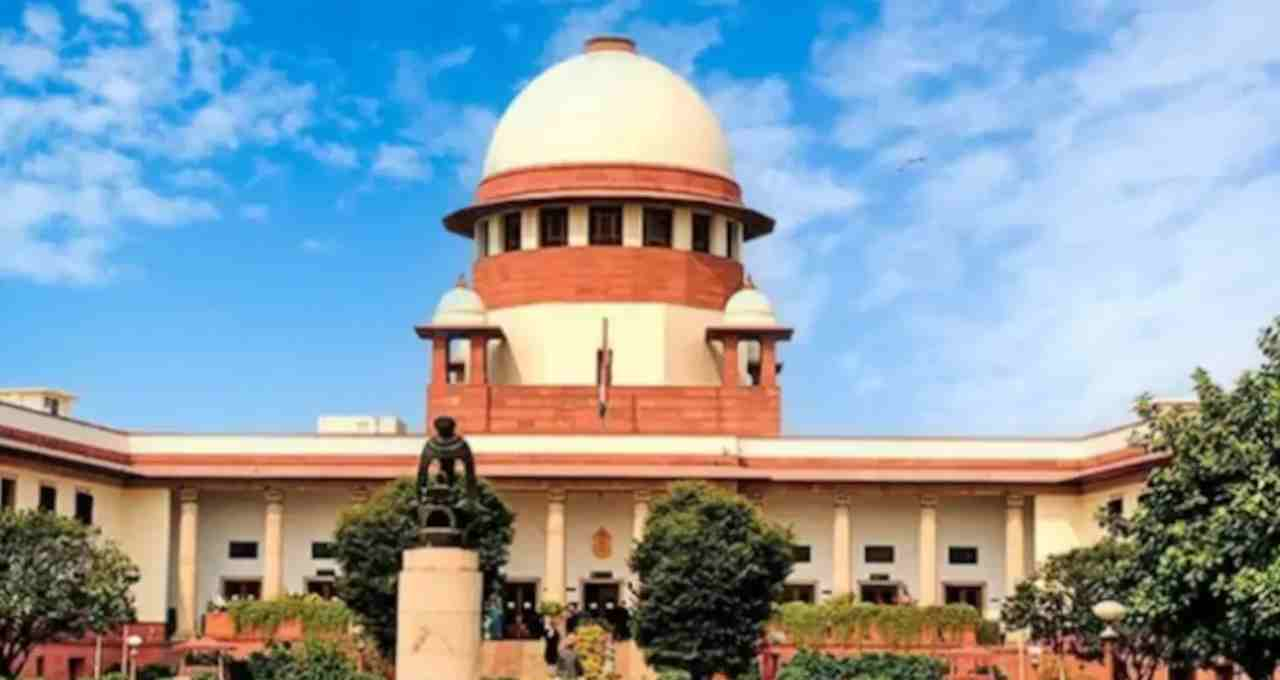
The Telangana government further stated in the Supreme Court that it is mandatory for the Governor to seek the advice of the Council of Ministers even in cases of granting sanction for prosecution, unless the matter pertains to a serious criminal dispute involving a minister or the chief minister. This implies that under normal circumstances, the Governor cannot act unilaterally and must proceed in accordance with the decision of the executive.
Hearing by the Constitution Bench
This case is being heard before a five-judge Constitution Bench headed by Chief Justice BR Gavai. The bench also includes Justices Surya Kant, Vikram Nath, PS Narasimha, and AS Chandurkar. The bench is hearing 14 questions referred by the President to examine whether the court can set a deadline for the discretion of the President or Governor on bills passed by state legislatures.
During the hearing, the Supreme Court observed that Governors are expected to act promptly, even though the phrase "as soon as may be" is not explicitly mentioned in Article 200. This indicates that the limitations on the powers of the Governor are clearly defined within the constitutional provisions, and they should not cause undue delay.
During the hearing, the Karnataka government also presented its arguments. They contended that under the Constitution, the President and Governors are constitutional figureheads. They are bound to act on the advice of the Council of Ministers at both the central and state levels and do not possess the authority to make independent decisions. The Karnataka government further added that the fundamental objective of the Constitution is to maintain a balance between the executive and the legislature and to prevent political bias in any decision-making process.
